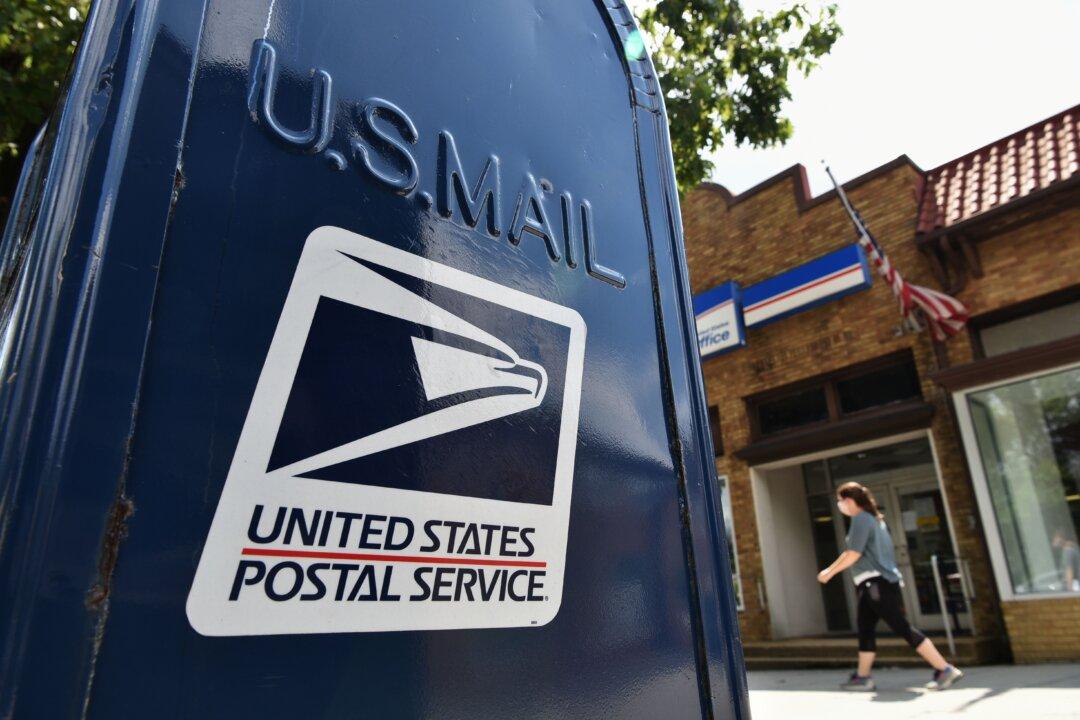An online Heritage Foundation panel told viewers that voting by mail, which is being expanded dramatically across the country for the November election in hopes of preventing the spread of the CCP virus, commonly known as the novel coronavirus, is likely to lead to voter fraud and generalized chaos.
The discussion came the same day Postmaster General Louis DeJoy announced that the U.S. Postal Service (USPS) would suspend all operational changes until after the election. A group of voters from four states sued President Donald Trump, the USPS, and DeJoy the day before, claiming that the agency’s latest cost-cutting changes infringe on the right to vote.





